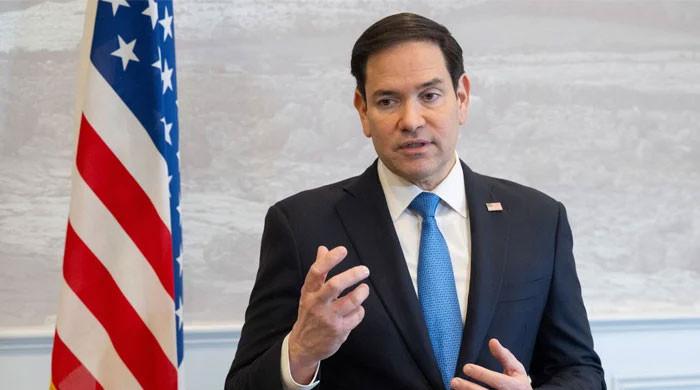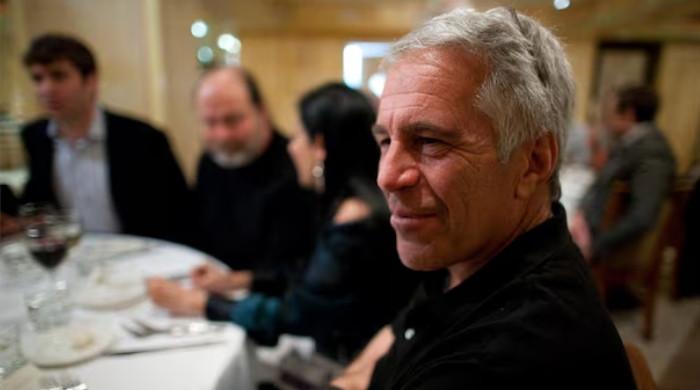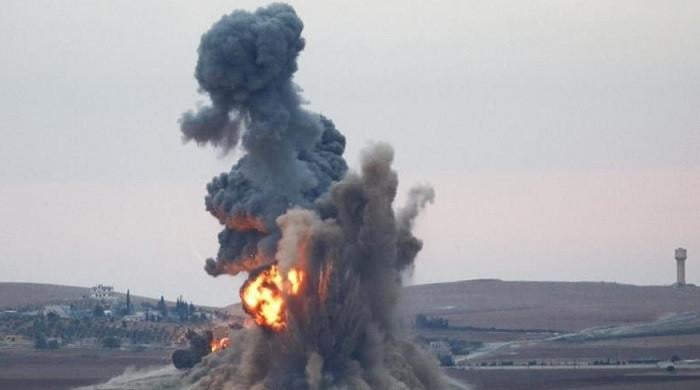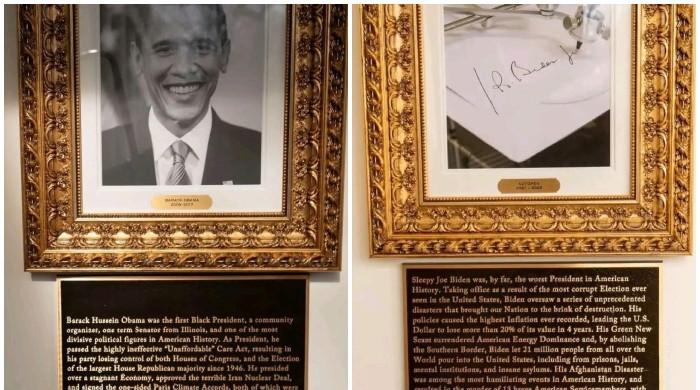EU, US suspend aid to Niger after military coup
Niger, known as one of the world's poorest nations, receives approximately $2 billion in official development assistance each year
July 29, 2023
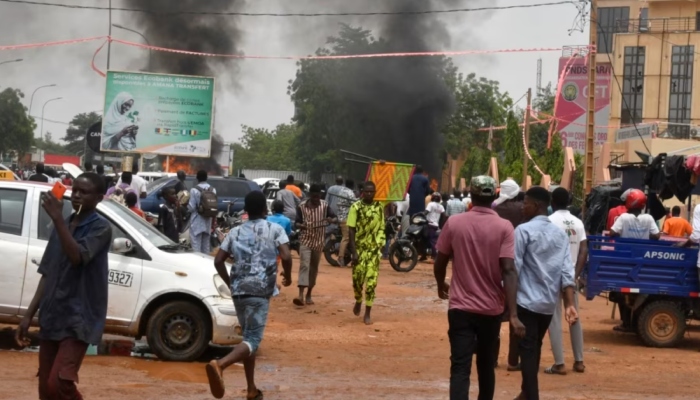
Niger has been hit with significant consequences after military leaders overthrew the democratically elected President Mohamed Bazoum.
The European Union (EU) has suspended financial aid to the country, while the United States has issued a similar threat.
Niger, known as one of the world's poorest nations, receives approximately $2 billion in official development assistance each year.
It is also a vital security partner for Western countries like France and the US, who rely on Niger as a base for their efforts to combat the Islamist insurgency in the Sahel region of West and Central Africa.
Previously considered the most stable country among its volatile neighbours, Niger is also the world's seventh-largest producer of uranium.
Foreign allies of Niger have refused to recognise the new military government led by General Abdourahamane Tiani, who was declared head of state by officers.
President Bazoum has not been heard from since being confined within the presidential palace, but the EU, France, and other nations continue to recognise him as the legitimate president.
In response to the coup, the EU immediately halted budget support and indefinitely suspended security cooperation.
The EU allocated 503 million euros ($554 million) from its budget to enhance governance, education, and sustainable growth in Niger between 2021 and 2024.
Similarly, the United States, which has two military bases in Niger housing around 1,100 soldiers, provides significant security and development aid to the country.
US Secretary of State Antony Blinken expressed concerns that the extensive assistance provided to Niger is now at risk, contingent upon the restoration of democratic governance.
While the United Nations confirmed that the coup has not disrupted humanitarian aid deliveries, the level of support the military junta has among Niger's population remains uncertain.
Pro-Bazoum crowds were seen initially, but later, supporters of the coup took to the streets. The Economic Community of West African States (ECOWAS) has scheduled an emergency summit in Nigeria to address the situation.
The African Union's Peace and Security Council has demanded that the military return to their barracks and restore constitutional order within 15 days, without specifying the consequences if they fail to comply.




